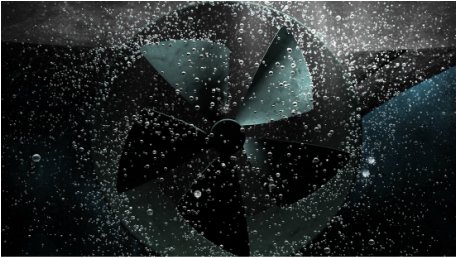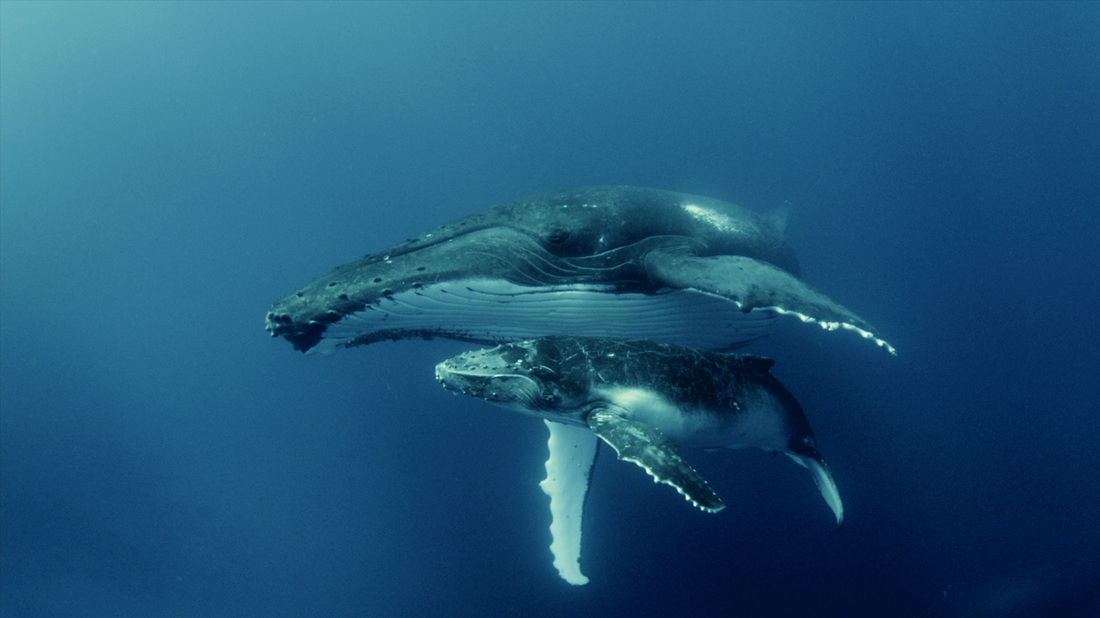|
We reached out to our Science Media Awards finalists with five questions about the experience of making their projects. Sonic Sea is a finalist in the categories Science of Life, Science Journalism, and Changing Planet. What inspired this story? Sonic Sea was inspired by the whales, dolphins and other marine life that are suffering and dying from our mindless sonic assault. Whales evolved over millions of years to favor sound over light. But the intense noises we’re making in the ocean with massive ships, oil and gas surveys and military sonar are killing marine mammals, driving some populations toward extinction and making it harder for many species to prosper. We can save these majestic creatures and restore the acoustic habitat they depend on for their survival, but only by raising global awareness of the problem and showing that there is real hope for a solution.  Describe some of the challenges faced while making this film? The biggest challenge making Sonic Sea was that its subject – sound in the ocean – is both invisible and outside normal human experience. Whereas people depend primarily on their sense of sight, whales and many other marine species depend primarily on making and hearing sounds. In order to convey what their acoustic life is like, we used animations to depict sound visually, and also built a rich sound design based on thousands of actual underwater recordings. Our goal was to plunge the audience through the waves and deep into an ocean flowing with sound. How do you approach science storytelling? Our approach to science storytelling is first to ensure that we are accurate and fair. Next, it is to tell a scientific story in a way that is intriguing and suspenseful. Sonic Sea is therefore constructed like a crime drama. It opens with a mysterious mass stranding and mortality of whales. The story of solving that mystery – the investigation into what killed the whales and who was responsible – forms the central dramatic arc of the film. Along the way, other scientific findings about the behavior and impact of sound in the ocean provide moments of realization, wonder and amazement. What impact do you hope this film will have? Our hope is that Sonic Sea is emotionally engaging and scientifically informative enough to propel change. We can solve the problem of ocean noise pollution with better technology and policy. But that will only happen if a critical mass of people is aware of the problem and understands that solutions are feasible. Sonic Sea is being seen by millions of people around the world on Discovery Network and by tens of thousands of people in screenings targeted at students, ocean enthusiasts, ocean industry professionals, legislators and ocean policy makers. We believe the film has put the issue of ocean noise pollution on the table for discussion. Were there any surprising or meaningful moments/experiences you want to share?
Making Sonic Sea was an adventure because the film introduced us to fascinating people dedicated to understanding and protecting marine life. For instance, we visited Paul Spong, PhD., the founder of Orca Lab, a small land-based whale research station nestled against the evergreen forest of Hanson Island in the waters of the "Inside Passage" of northern Vancouver Island in British Columbia, Canada. Paul and his team use hydrophones to listen to and record orcas. They can identify every pod and even every whale by their distinct dialect and calls. Hanson Island is a remarkably beautiful and peaceful place and the lab’s work is adding enormously to our understanding of whales without interfering with their lives or habitat. Sonic Sea also led us to Ken Balcomb, the former Navy pilot and acoustics expert who proved to the world that naval sonar is killing whales. His work has led to extensive reforms in the way the U.S. and other nations use sonar in testing and training. Ken’s Whale Research Center, on San Juan Island in Washington State, is a perfectly situated post from which to observe whales in Haro Strait. The building is full of amazing artifacts, including several enormous whale skulls that dominate the main room and shock first-time visitors. One of the most satisfying moments in making the film was meeting our narrator, the wonderfully talented actress Rachel McAdams. When Rachel arrived to record the narration she told us she’d just watched the film a second time and that it had once again reduced her to tears.
0 Comments
Leave a Reply. |
AuthorAs the curators of the Science Media Awards Summit in the Hub (SMASH), we believe storytelling is a common thread in our shared human experience, and that new media allows us to convey the wonders of scientific discovery in new and compelling ways. Archives
October 2018
Categories |


 RSS Feed
RSS Feed